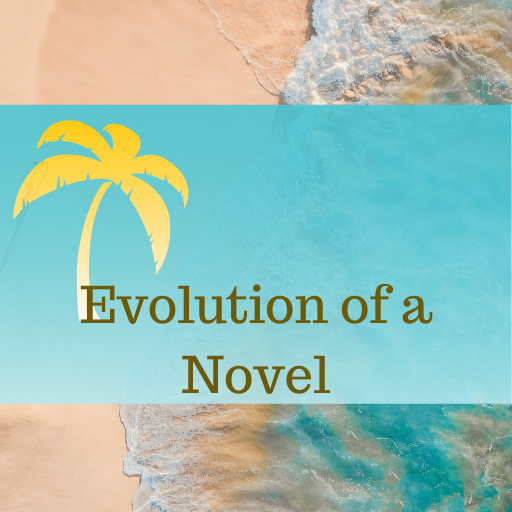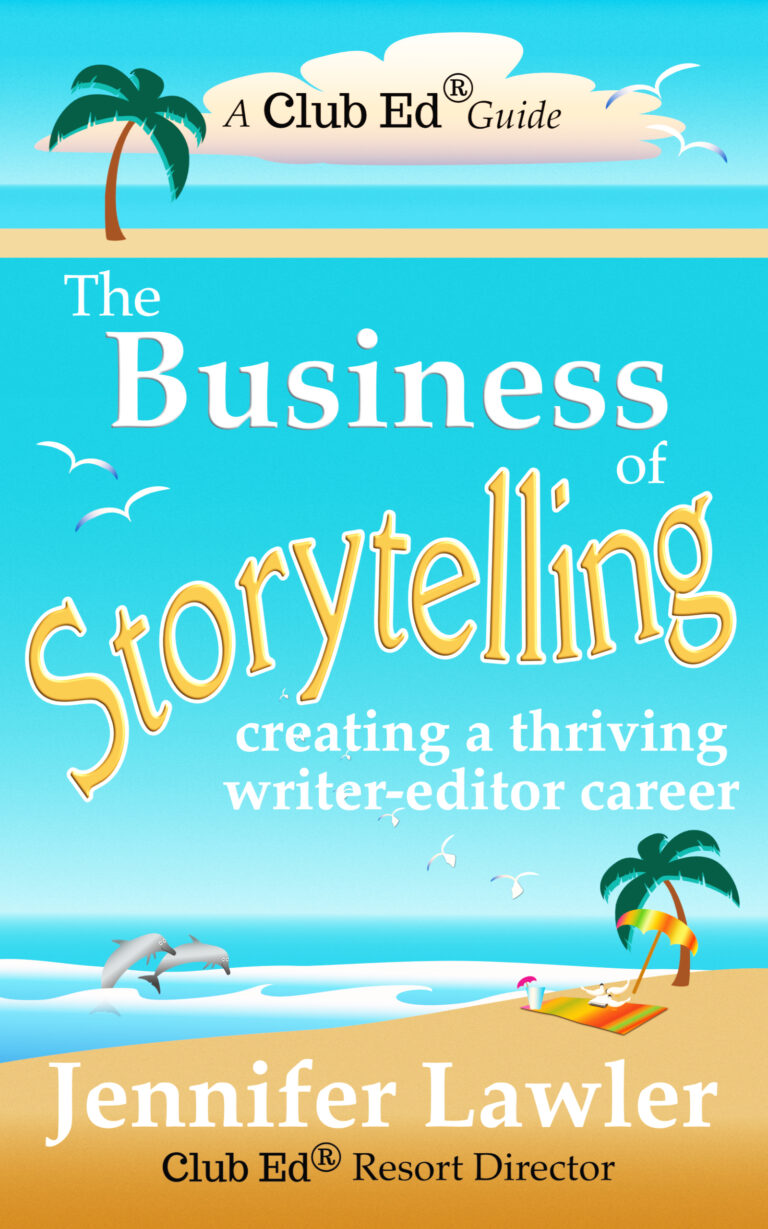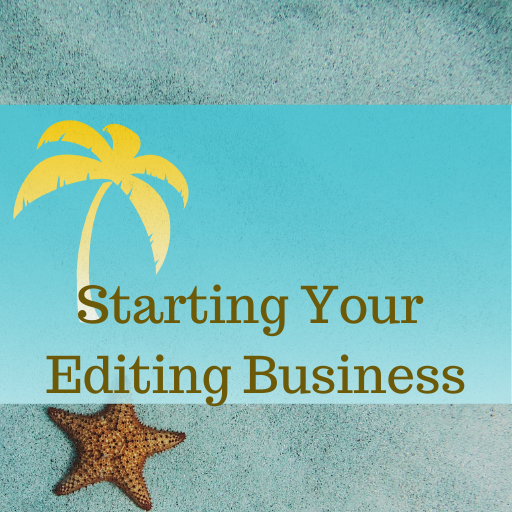Novels Aren’t Movies – Book Editing for Dramatic Omniscience
Omniscience for writers.
Writers sometimes understand omniscience only as it is shown in television and movies, which is dramatic omniscience. It is not narrative omniscience. Dramatic omniscience really, really sucks when applied to narrative.
That’s because dramatic omniscience lingers on the surface of things. It cannot penetrate below the surface unless some clunky device like a voiceover is used. It must, by its nature, focus on what the characters are doing and saying, on what their reactions look like.

Dramatic Omniscience vs Narrative Omniscience
Narrative omniscience allows the author to go below this surface, to play with text, to create an interplay between words, narrator, and character, to widen our psychic distance from the character or dive deep into their heart. Narrative omniscience can do things dramatic omniscience can only dream about.
But sometimes novelists end up using this dramatic omniscience where they are the awkward camera recording the story world without, it seems, even being aware they’re using words to do it. They seem to think they are filming a movie:
Natalie, a tall blonde about thirty years old, looked out the window. The storm clouds were piling up and the palm trees were starting to bend and creak in the wind. She moved to her bed where her suitcase was open and started piling clothes in it. She was nervous, so she moved quickly. She closed the suitcase and grabbed her shoulder bag and checked to make sure her keys were there. She held them in her hands. They were. She grabbed her suitcase and ran for the door. Little did she know that she’d left her insulin behind, the kit sitting on the vanity in the bathroom where she had forgotten to pack it.
You can see the screenplay, can’t you?
FADE IN
INT. BEDROOM: Natalie, a tall blonde about thirty years old, looks out the window.
EXT. SKY AND TREES: The storm clouds are piling up and the palm trees are starting to bend and creak in the wind.
INT. BEDROOM: Natalie moves to her bed where her suitcase is open and starts piling clothes in it. She looks nervous, and moves quickly. She closes the suitcase and grabs her shoulder bag and checks to make sure her keys were there.
CLOSE UP: Keys in the palm of Natalie’s hand.
INT. BEDROOM: Natalie grabs her suitcase and runs for the door.
INT. BATHROOM. Sound of DOOR SLAMMING.
ZOOM IN: on the insulin kit sitting on the vanity in the bathroom
In a movie, there’s an actor to give life to the actions, a musical score to emphasize the drama of what’s happening, and brilliant pictures that show us exactly what’s going on. But as a narrative, where’s the spark?
Related Reads

How to Create Defensible Edits
As a developmental editor, you need to know how to create defensible edits of a manuscript to help authors put out their best work. Tips for How to Create Defensible Edits When you’re doing a developmental edit—looking at the big-picture overview of a novel—you’ll generally be expected to provide two main services: The editing on…

When Is a Book Ready for Editing?
Both authors and editors have the same question at some point in the book writing / publishing process: When is a book ready for editing? So When IS a Book Ready for Editing? The creative process is not timely and linear, which is why, as an editor, I don’t book edits before an author’s manuscript…

Effective Client Communication for Book Editors
Managing client expectations is necessary for a successful business so here are my tips for effective client communication for book editors. My Top Tip for Effective Client Communication for Book Editors One way to avoid an unhappy client is to communicate all relevant information from the very beginning of your relationship with them. Clearly stated…

Basics of Developmental Editing – Dos and Don’ts
The basics of developmental editing can be shared in a set of do’s and don’ts for editors. Here Are My Basics of Developmental Editing I generally begin any developmental edit with a quick read-through intended just to familiarize myself with the story. I make developmental notes for myself as I perform that first read-through, including…

Using the Five Senses in the Setting of a Book
Here are tips for using the five senses in the setting of a book rather than relying solely on visual descriptions. How to Use the 5 Senses When Writing the Setting of a Book Authors often visualize their stories as if they were movies unreeling in front of them. This is unfortunate because it often…

Basics of a Book Editor Contract
These basics of a book editor contract will help ensure you cover a few important considerations when setting up your editing business. Just the Basics of a Book Editor Contract I’m not going to get into the ins-and-outs of contracts, since I’m not a lawyer and crafting a legally binding contract is best left to…
Join the Club!
New to story editing? Begin at the beginning.

